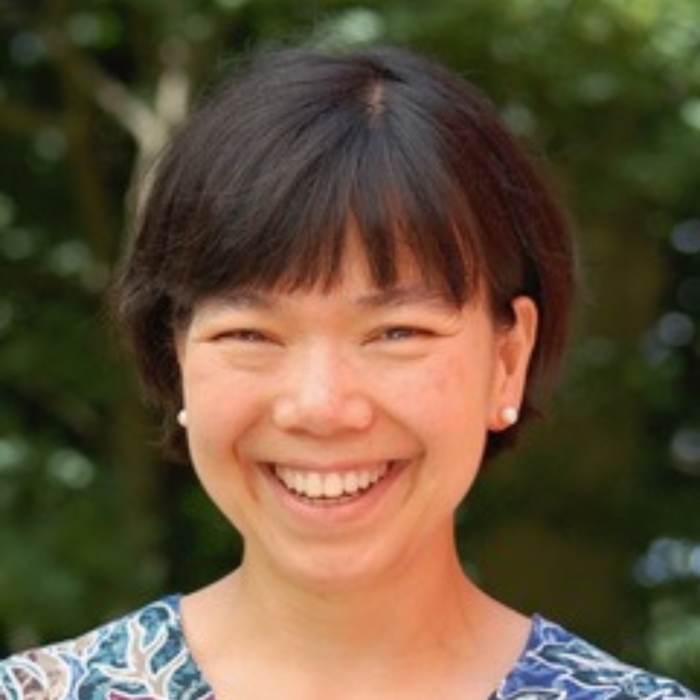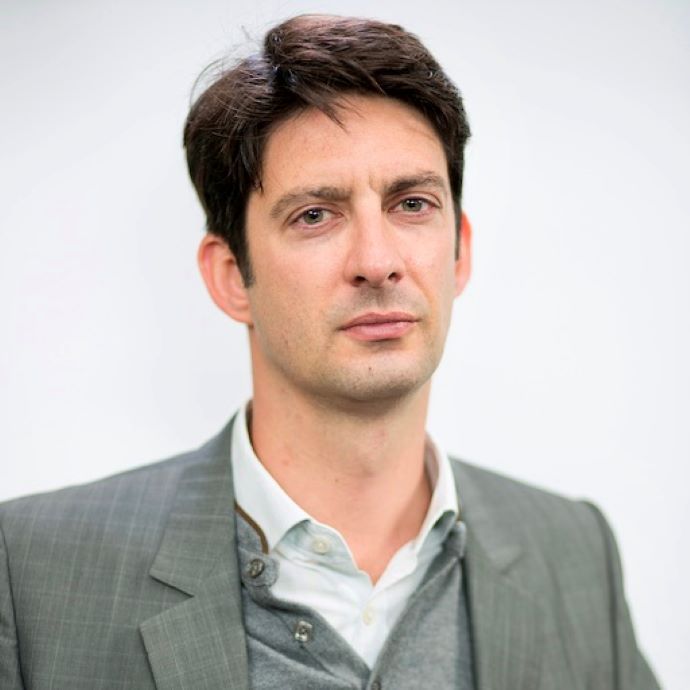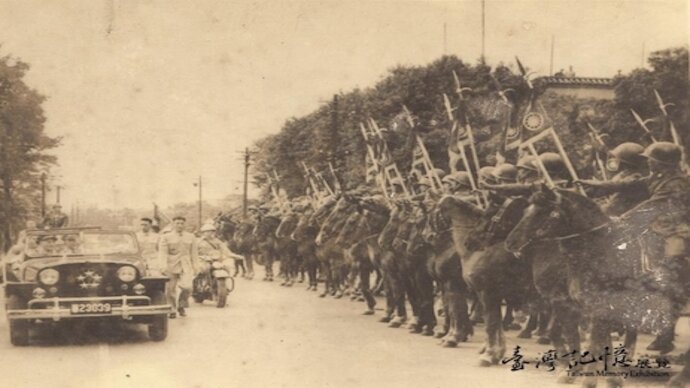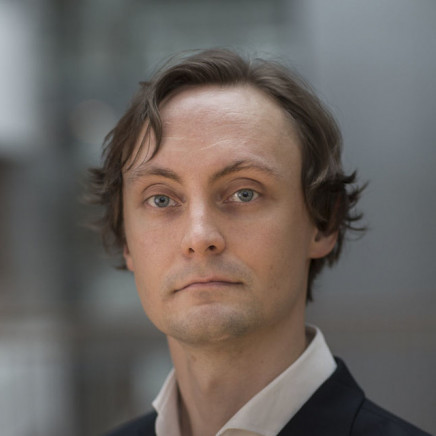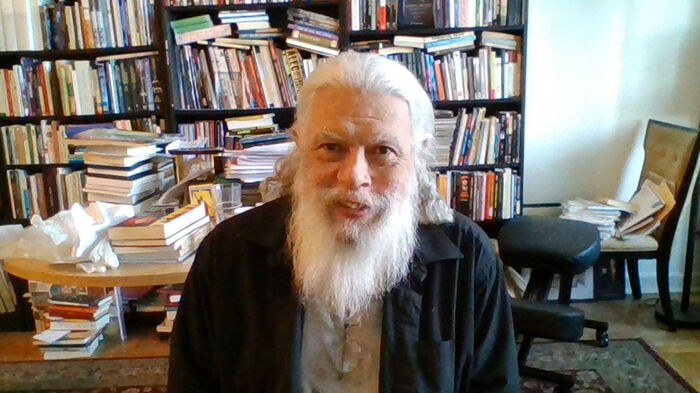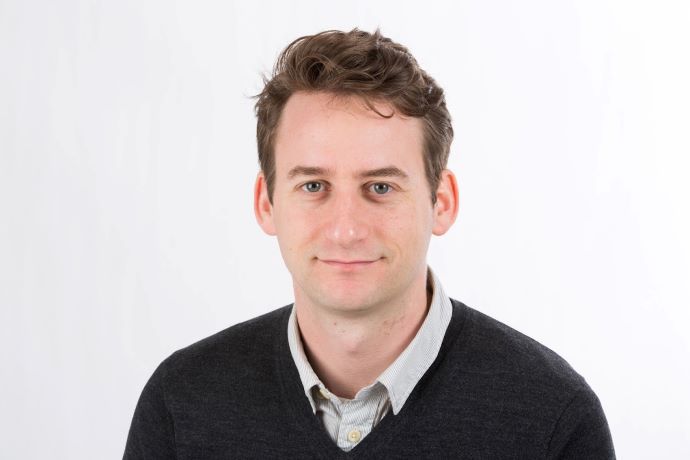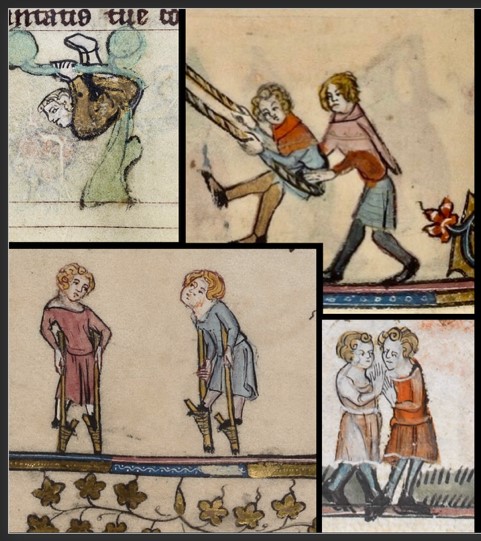Tidligere arrangementer - Side 29
Speaker: Inga Haaland
Department seminar. Ruslana Datsenko is a a PhD student at the University of Oslo.
Philosophical Seminar with Andreas Dorschel
Arkeologisk fredagsseminar med Marie Dave Amundsen, tilknyttet Institutt for arkeologi, konservering og historie (IAKH), samt Kulturhistorisk museum (KHM).
Hanna Andresen presents parts of her PhD project and discusses the significance of investigating bilingual children's conceptualization.
Legitimacy, espionage, and nation branding in the Apple v. Samsung “smartphone patent wars”. Lecture by Irina Lyan.
The theory of flexible plates can be applied to models of floating solar panels. When wet, the structure vibrates with lower frequencies than when in vacuo. Our study is concerned with thin rectangular porous plates with free edge conditions in three dimensions exposed to incoming waves. We develop a complete hydrodynamical theory of the wave-flexible-structure interaction including the coupled radiation-diffraction problem. The formulation leads to a set of integral equations for the potentials on the wetted side of the plate. The Green function in three dimensions is implemented along the floating geometry. We use the beam method for the displacement of the rectangular free plate. A variational equation is minimized for the solutions of the interaction problem
Jane Luu, Adjunct Professor at Centre for Planetary Habitability (PHAB) and Institute of Theoretical Astrophysics, University of Oslo.
Note the non-standard start time!
Abstract: We consider mirror pairs of Calabi-Yau hypersurfaces X and X’ in toric varieties associated to dual reflexive polytopes. We will give a proof through tropical geometry that the Hodge numbers of X and X’ are mirror symmetric. The proof goes by considering tropical homology, and works over the ring of integer numbers. In particular, we can use our spectral sequence with Kris Shaw to explore the connections between the topology of the real part of X and cohomological operations on X’.
This is based on joint work with Diego Matessi.
The matter of a pith helmet out of place: Reflections on an (anti-)colonial mission portrait.
Department seminar. Eduardo Perez-Richet is an Associate Professor at Sciences Po.
In this lecture, Dr. Hung-yi Chien will discuss China-Taiwan relations in a colonial perspective.
Kristin Oxley is a PhD candidate at the Centre for Technology, Innovation and Culture (TIK). In the seminar, she will present the draft of her PhD thesis.
C*-algebra seminar by Sergey Neshveyev.
Emily J. Lordi (Vanderbilt) will give a lecture about the life and work of Whitney Houston in the "Word, Sound and Power" Lecture 2024.
Gregory Fewster (MF)
Structural equation models are simultaneous equation regression models, whose variables are latent, and measured via a confirmatory factor model (that is, with measurement error and repeated measurements). When the functional form of the simultaneous equation system is unknown, it has previously been observed in simulations that factor scores inputted into non-parametric regression methods approximate the true functional form. Factor scores estimate the latent variables (per person), and several types exist. We provide a theoretical (though population-based) analysis of this procedure, and provide assumptions under which it is theoretically justified in using Bartlett factor scores, which are simple linear transformations of the data. In simulations, we compare this suggestion to an already available though understudied non-linear and computationally heavy procedure, and observe that the simple Bartlett approach appears to work better.
Denne workshopen vil gi en smakebit p? hva deltakerne i forskningsprosjektet ?Word, Sound and Power: Ord, lyd og makt i den afrikanske diasporaen? jobber med.
Department seminar. Geoffrey Barrows is a CNRS researcher affiliated at the ?cole Polytechnique, France. He will present the paper "Equilibrium Effects of Carbon Policy".
Arkeologisk seminar med Grethe Bj?rkan Bukkemoen fra Kulturhistorisk Museum, UiO
By Christy Morrissey from the University of Saskatchewan, Canada.
Join us for a CIMS panel conversation with contributors to the edited volume Branding the Middle East.
The frictional behavior of surfaces is a problem of great scientific and practical significance. Recent progress in molecular scale modeling allows us to determine the coefficient of friction for nanoscale surfaces from first principles using molecular dynamics modeling. However, inverse design, that is, designing surfaces with specific frictional propeties is still a complex and largely unsolved challenge in part due to the enormous space of possible surface configurations. Here, we demonstrate how we can use physical forward modeling to find the frictional properties of a set of surfaces that can serve as a training set to design machine learning models. In this talk, we demonstrate both discriminative and generative models for frictional surface design and analyze what physical principles the machine learning models have learned in this process.
Hva kan vi l?re om barn i Norden i h?y- og sen-middelalderen fra tekster skrevet for ? prise, promotere og helliggj?re lokale og regionale helgener fra Skandinavia og Island?

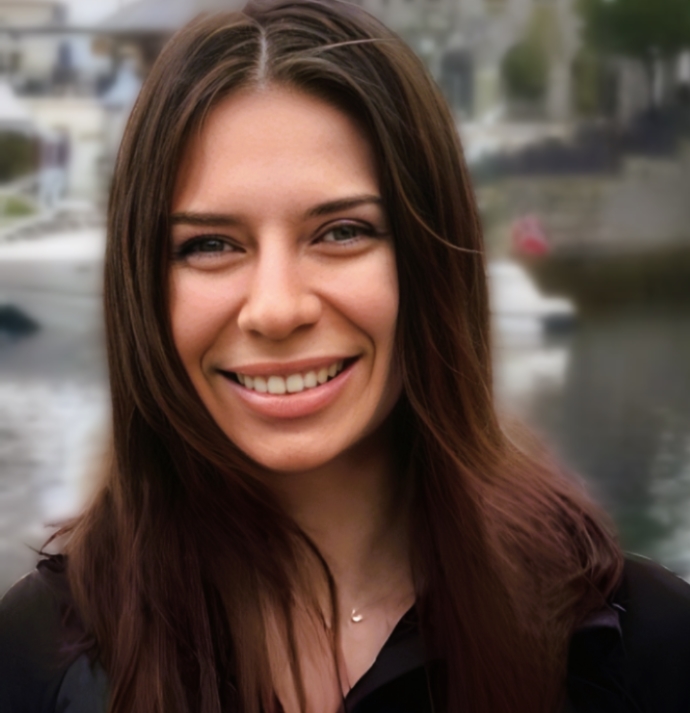

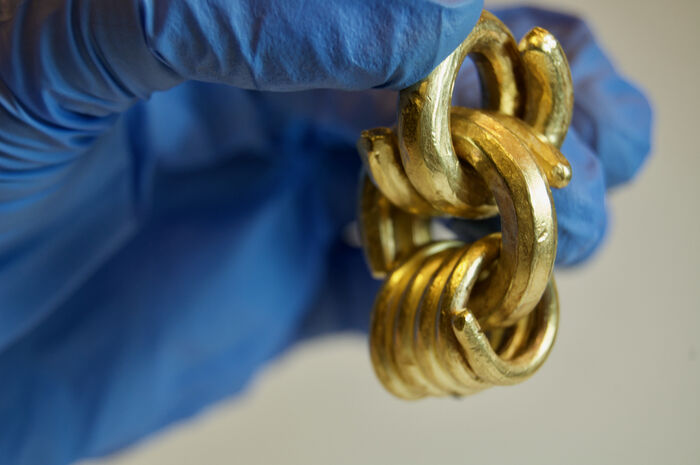

.jpg?alt=listing)
